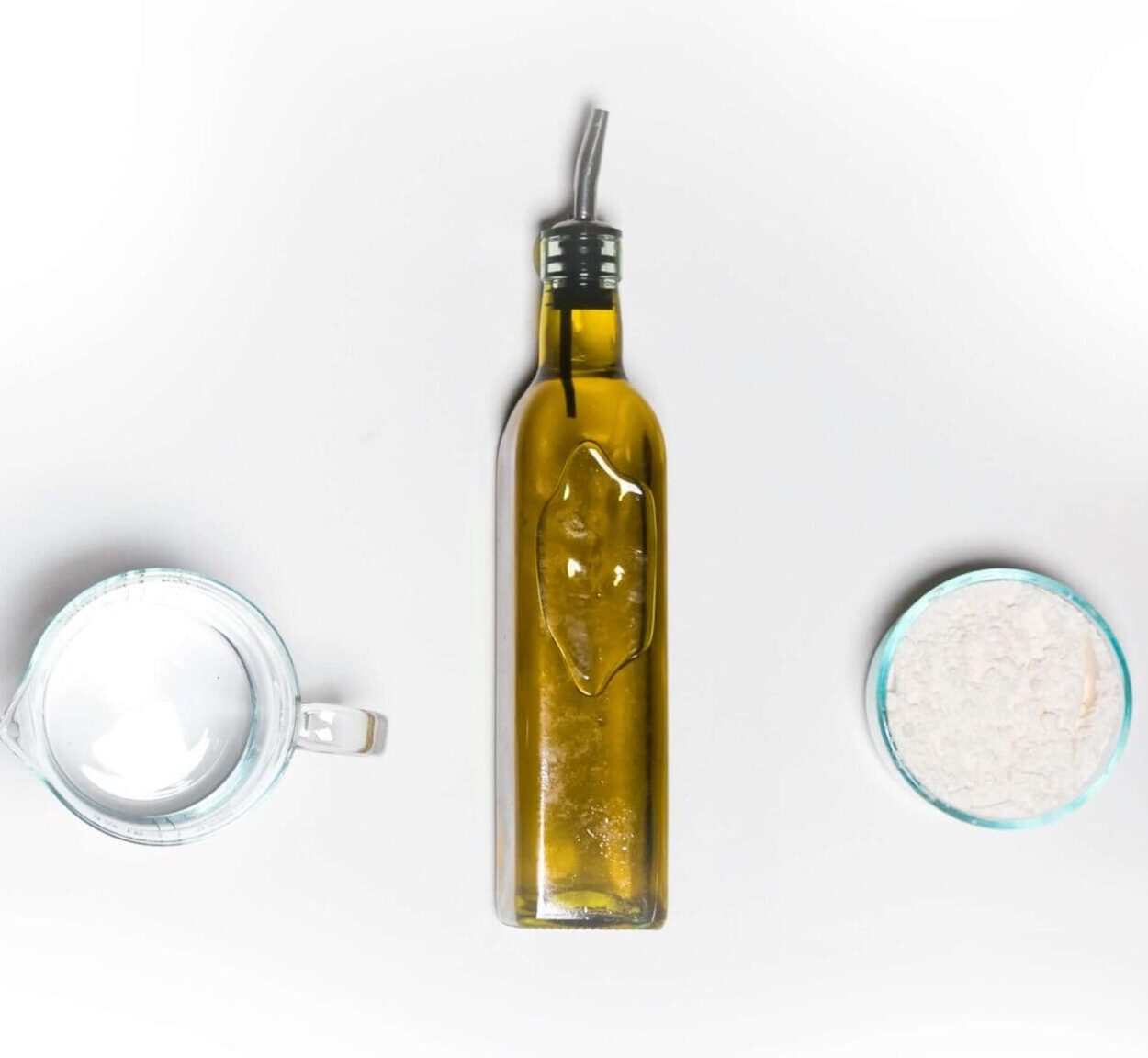Introduction
As a cancer dietitian, I often encounter various claims about foods and their alleged link to cancer. One persistent myth is that seed oils cause cancer. Today, I want to address this misconception and provide evidence-based insights into why these foods do not cause cancer.
Understanding Seed Oils
Seed oils, such as canola, sunflower, and soybean oil, come from the seeds of plants. They are rich in unsaturated fats, including both monounsaturated and polyunsaturated fats, which are essential for our health. We commonly use these oils in cooking, baking, and food processing.
Criticism of Seed Oils
“I Feel Better After Cutting Out Seed Oils”
A common claim I hear is that people feel better when they eliminate seed oils from their diet. Upon further inspection, these people cut out commercially fried foods and ultra processed foods from their diet. These foods contain seed oils, along with high amounts of sodium, sugar, and refined flour, and they lack fiber, water, and micronutrients. These foods are also hyper-palatable making them easy to over-consume.
So if someone tells you they feel better after eliminating seed oils, it’s probably because of the foods themselves, not just the oils they contain.
“Seed Oils Have Dangerous Solvents”
Another common criticism is that seed oil manufacturers use heat and solvents, like hexane, to get oil from seeds, which might create unhealthy trans fats and chemical contaminants.
The oil goes through a refining process that removes almost all of the hexane. The amount of hexane left is below what’s considered safe, and the heating process is quick, resulting in small amounts of trans fats.
So, there’s really no need to worry about hexane in oils – it’s not enough to hurt you. The oils are perfectly safe to use in cooking and eating.
“Seed Oils Are Inflammatory”
The myth that seed oils cause cancer likely stems from concerns about their omega-6 fatty acid content. Omega-6 fatty acids are essential fats that our bodies need for various functions, including brain health and immune response. They play a role in our body’s natural inflammatory response, and this is sometimes overemphasized to villainize seed oils. Omega-6 fats may increase inflammation, but only if you have way too much relative to your omega-3 intake.
Most of us just need to eat more omega-3s, like those in fish and flaxseeds, to balance things out.
So, seed oils themselves aren’t the enemy. It’s more about making sure you get a good mix of different healthy fats in your diet.
“But Wasn’t Canola Used as Jet Fuel?”
Yes, canola oil has been explored as a potential source of biofuels, including jet fuel. While canola oil itself is not directly used as jet fuel, it can be processed into biodiesel, which is a renewable fuel that can be used in diesel engines. Biodiesel produced from canola oil has been utilized in various applications, including transportation and agriculture.
“But I don’t want to consume jet fuel!”
The fact that canola oil can be used in industrial applications does not inherently make it unsafe for human consumption. The contexts, uses, and processing methods differ significantly. Canola oil for culinary use is refined and processed to be safe for consumption, whereas its use in biofuel production involves different chemical processes and purposes.
We cannot judge the safety of canola oil based on it’s use in other products.
What Does the Research Say?
Numerous studies have investigated the relationship between seed oils and cancer. Here are some key findings:
- No Direct Link to Cancer: Comprehensive reviews and meta-analyses of dietary fats and cancer risk have not found a direct link between seed oil consumption and cancer. In fact, some studies suggest that certain components of seed oils, like vitamin E, have protective effects against cancer.
- Role of Diet and Lifestyle: Cancer is a multifactorial disease influenced by genetics, environment, lifestyle, and diet. Focusing solely on oils oversimplifies the complexity of cancer development. A balanced diet rich in fruits, vegetables, whole grains, lean proteins, and healthy fats, including seed oils, is recommended for cancer prevention.
Benefits of Seed Oils
Seed oils have several health benefits that we cannot overlook.
- Heart Health: Unsaturated fats in seed oils can help reduce bad cholesterol levels, lowering the risk of heart disease.
- Nutrient Absorption: fats help us absorb fat-soluble vitamins (A, D, E, and K).
- Antioxidant Properties: Many seed oils contain antioxidants that protect cells from oxidative damage.
Conclusion
The notion that seed oils cause cancer is a myth not supported by scientific evidence. I have nothing against reducing intake of ultra-processed and fried foods, but there is no need to fear using seed oils in your salad dressing or cooking! Instead, focus on maintaining a balanced diet and healthy lifestyle. Remember, no one food is going to cause or prevent cancer alone. It is about the overall pattern that makes the difference.
References
- World Cancer Research Fund/American/American Institute for Cancer Research. Diet, Nutrition, Physical Activity and Cancer: a Global Perspective. Continuous Update Project Expert Report 2018. Available at dietandcancerreport.org
- Mojtaba Yousefi, Hedayat Hosseini (2017) Evaluation of Hexane Content in Edible Vegetable Oils Consumed in Iran . Journal of Experimental and Clinical Toxicology – 1(1):27-30. https://doi.org/10.14302/issn.2641-7669.ject-17-1790
- Su H, Liu R, Chang M, Huang J, Wang X. Dietary linoleic acid intake and blood inflammatory markers: a systematic review and meta-analysis of randomized controlled trials. Food Funct. 2017 Sep 20;8(9):3091-3103. doi: 10.1039/c7fo00433h. PMID: 28752873.
- Li J, Guasch-Ferré M, Li Y, Hu FB. Dietary intake and biomarkers of linoleic acid and mortality: systematic review and meta-analysis of prospective cohort studies. Am J Clin Nutr. 2020 Jul 1;112(1):150-167. doi: 10.1093/ajcn/nqz349. PMID: 32020162; PMCID: PMC7326588.
This blog is not intended as medical nutrition therapy, medical advice, or diagnosis and should in no way replace consultation or recommendation from your medical professional.




